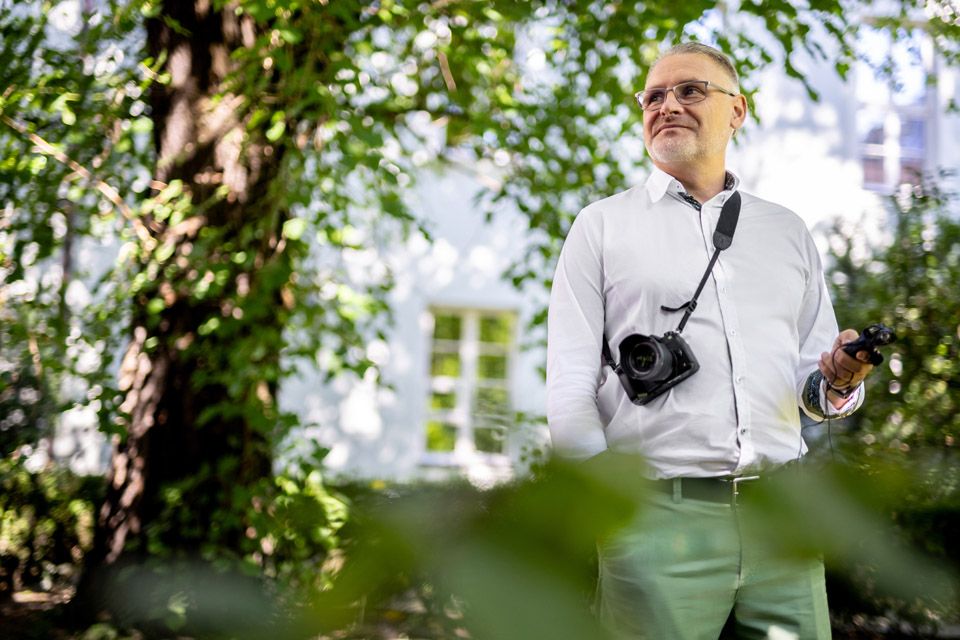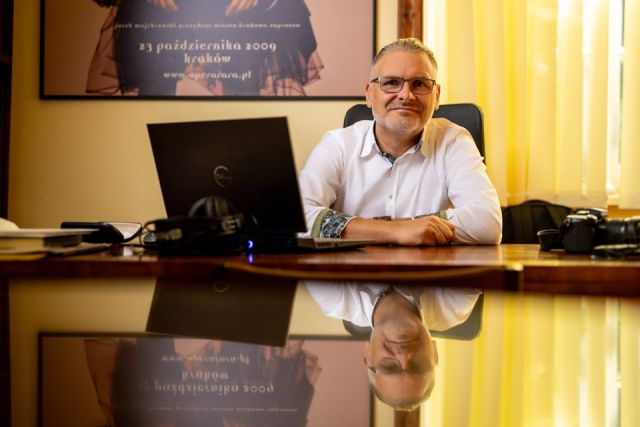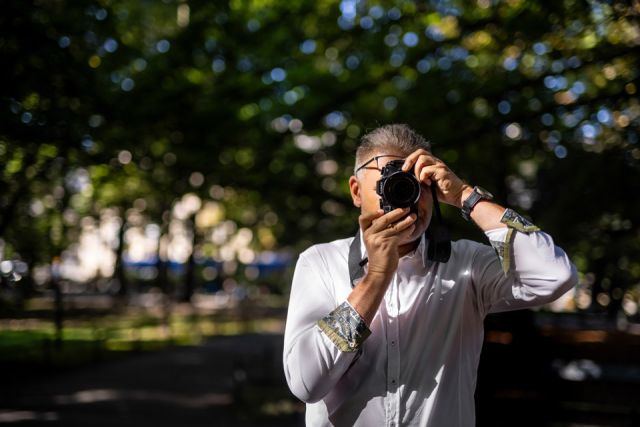Principal Investigator
:
Dr hab. Marcin Brocki
Jagiellonian University
Panel: HS3
Funding scheme
: CHANSE
announced on
9 March 2021
The “Digital Aestheticization of Fragile Environments” (DigiFREN) project aims to understand the effects of the digital aestheticization of natural environments in five European countries. Historical and ethnographic research has focused on how digital media and technology contribute to changing and transforming perceptions, sensitivities and practices related to natural environments. DigiFREN focuses on the digital aestheticization of environments vulnerable to human intervention, its development and impact on everyday life in the Slovenian Alpine regions of Solcavsko and Bohinj, along the Croatian Adriatic coast in the Kornati and Paklenica National Parks, in the Finnish peatlands of Sodankyla and Lieksa, in the Norwegian urban forest of Sormarka and in the Odra Valley in Lower Silesia in Poland. DigiFREN is the first ethnographic project to undertake a large-scale, comparative study of digital aestheticization’s impact on the perception of and interaction with natural environments in a digitally transforming Europe.
In recent years, the Odra Valley has become a place of attractive tourist infrastructure development, intensively promoted and transformed into a product of the entertainment and tourism industry, a place of recreation supported by a specific semiosphere (a space in which the production and exchange of meanings through signs takes place), with digitised images of nature as a key component. “Digital aestheticizations of nature” are both part of the “nature” prepared for the tourism industry, the content of social media posts, as well as a part of broader processes of deterritorialization of “nature” images and its new, bottom-up categorisation.
 Dr hab. Marcin Brocki, photo by Łukasz Bera
For this reason, it has become important to reconstruct which places in the Odra Valley are perceived as representations of “nature” by both stakeholders and “users”, what cultural semantic networks they form, what becomes a sign of nature in digitised images of nature, how the semiosis (meaning-making process) of nature within digital media influences the experience of nature, and what aesthetic categories are used and how they are transformed in contact with the practices and experiences of digitally aestheticized places.
Dr hab. Marcin Brocki, photo by Łukasz Bera
For this reason, it has become important to reconstruct which places in the Odra Valley are perceived as representations of “nature” by both stakeholders and “users”, what cultural semantic networks they form, what becomes a sign of nature in digitised images of nature, how the semiosis (meaning-making process) of nature within digital media influences the experience of nature, and what aesthetic categories are used and how they are transformed in contact with the practices and experiences of digitally aestheticized places.
To achieve these objectives, ethnographic research was conducted, including intensive field research. The project is carried out using digital ethnography, autoethnography, participatory observation, discourse analysis and participatory methods and techniques. Photo-elicitation and “research walks”, which were based on the methods of “walking with”, “following” a field research partner, with the active use of photography and video research, have become particularly important research methods, focusing on the material, aesthetic, economic and political dimensions of the landscape. The walks and photo-elicitation build a kind of living, visual (digital) archive in which experiences, practices and perceptions of the landscape intersect to create its “emotional maps.”
The research primarily focuses on three categories of social actors: "local experts" (ecologists, enthusiasts), stakeholders (government and local administration bodies involved in water management and spatial planning, urban planners, tourism agencies, environmental organisations formally responsible for nature and landscape protection), residents of riverside areas and users of these areas (tourists, anglers, etc.). Research methods were carefully selected for each of these groups. The analysis also included fan pages, blogs, and social media related to the Odra Valley, with particular attention given to content featuring visualisations, podcasts, and videos.
Analysis of the visual material revealed different interests (developers vs. environmentalists), intersecting aesthetics, tensions between these interests and aesthetics, and different levels of aestheticization in digital images of the Odra River. On a broader level, it also provided an insight into the historical transformation brought about by digital technologies in the way humans interact with nature.
Project title: Digital Aestheticization in/of Fragile Environments
Dr hab. Marcin Brocki
Dr hab. Marcin Brocki is a professor at the Jagiellonian University in Krakow. His research interests focus on anthropological theory and methodology, semiotics, issues related to Poland’s post-socialist transformation and the anthropology of the body, but in his writings he has also focused on topics such as the social construction of the landscape or participatory research. He has conducted field research in Poland and Zimbabwe (as part of the UNDP programme).


